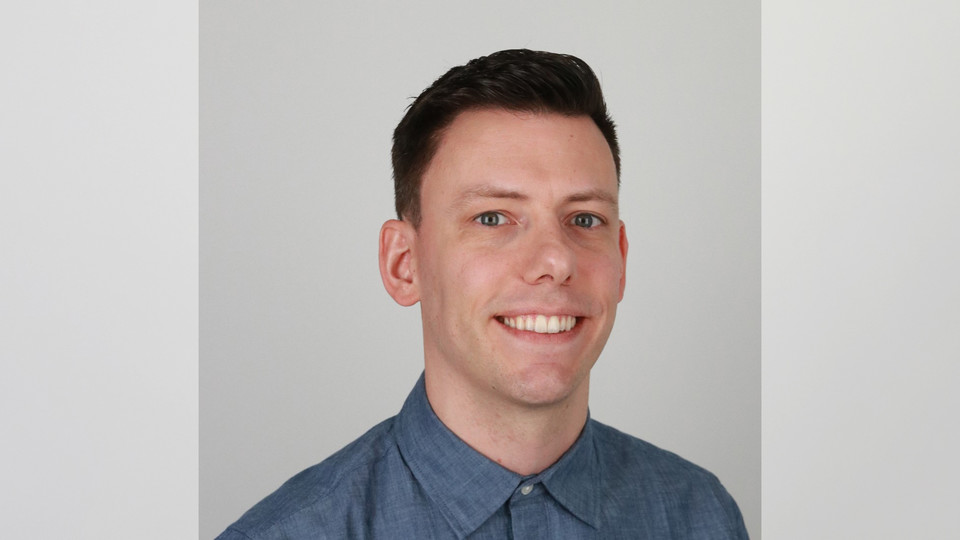
Seebeckcell Technologies Joins Chevron Technology Ventures Catalyst Program
SeebeckCell Technologies, a startup in the first class of the Rice Alliance Clean Energy Accelerator, announced they are invited to participate in the Chevron Technology Ventures (CTV) Catalyst Program to develop further their technology platform designed to recover industrial waste heat energy, increasing energy consumption efficiency, and eliminating battery replacement in IoT applications.

Game Plan
Companies Rely on Strategic Planning. The Problem: Many are Doing it Wrong.


By Vikas Mittal
Companies Rely on Strategic Planning. The Problem: Many are Doing it Wrong.
When Jeff Immelt took the helm at General Electric in 2001, he shifted the company’s strategy radically. Under his leadership, GE grew more inwardly focused, relying more on financial engineering and acquisitions in a bid to add revenue and cut costs. The company’s stock plummeted. Yet Immelt stubbornly stuck with what many saw as a failing strategy.
Strategic planning is a core activity for senior leaders, regardless of business size. Over 88% of all large companies and 80% of small to medium-sized companies engage in strategy planning. For CEOs like Immelt, strategic planning is one of their most important duties, and they take great pains to communicate company strategy to stakeholders.
But there’s a problem: many are doing it wrong. In the research for our new book, FOCUS: How To Plan Strategy and Improve Execution To Achieve Growth, we found that many CEOs have simply been mistaken in their approach to strategic planning. Contrary to popular belief, our research shows many CEOs fail to make their strategic decisions based on a systemic, science-based, statistical process. Instead, they rely on gut feel, emotions and salient information from past experience.
In this piece, the first in a nine-part series, I’ll discuss why this is a major problem. In upcoming articles, I’ll show how CEOs can get strategic planning right.
CEOs usually rely on strategic planning to set goals for their senior executives, define major initiatives, allocate and track resources across initiatives, create budgets and hold mid-level and frontline employees accountable. Strategies become the means through which a CEO sets goals, measures success, executes plans and communicates progress to the board and outsiders.
To be sure, strategic planning is a complex process and many CEOs agree current practices need improvement. Immelt, for his part, was unsuccessful at turning GE around in part because senior and mid-level executives weren’t persuaded that his proposed strategy was coherent or would work. As one insider said, “We just became too internally focused and lost touch with our consumers.”
Another example is Wells Fargo. In 2016, regulators fined the bank $185 million for opening around 1.5 million bank accounts and applying for some 565,000 credit cards that weren’t authorized by customers. The bank’s strategy and employee incentives emphasized maximizing sales through cross-selling to existing customers rather than providing customers with real value.
Like GE and other companies that rely on a budget-based strategy to drive sales, Wells Fargo’s strategic plan prioritized how internal activities affected revenue rather than the effects of those activities on customer value. The problem was not that Wells Fargo’s strategy was poorly executed – it was that the company followed it.
But what is it, exactly, that makes a strategy fail? When strategic planning goes wrong, our research indicates that it’s typically for two main reasons. First, planning can fail when executives craft strategies based solely on their gut feelings, intuition, emotions and salient beliefs — beliefs that are top-of-mind. When these salient beliefs form the basis of the company’s strategic priorities, mission, or vision, they become a vehicle for executives’ desires and aspirations.
Strategies based on executives’ salient beliefs often fail because they discount what’s important to create customer value – and customers are the largest component of a company’s cash flow. A company that relies on executives’ salient beliefs, by default, discounts customer value and simply can’t create a healthy and sustainable cash flow.
This is what happened at Wells Fargo, which began using the salient personal beliefs of its leaders to justify its cross-selling strategy. That strategy drove employees to open accounts rather than help customers, ultimately eroding customer value, sinking the company’s stock and resulting in fines.
The second reason why strategic planning often flounders is executives’ belief that if they simply ask customers what they want, the customers will seamlessly communicate exactly what’s important to them. That’s rarely the case. Instead, what customers state as their desire often differs starkly from what actually creates value for them.
Take, for example, the relationship between a doctor and a patient. A patient walks into their doctor’s office with a health issue. Imagine what would happen if the doctor asked the patient what medicine and tests they desired and prescribed them. Or imagine the patient simply insisting on certain tests and medications without being asked. In both cases, customers have effectively stated their desires and wants, but the doctor is unable to discern what would truly help the customer. It’s up to the doctor to perform tests and use accumulated statistical benchmarks to detect how best to help the patient.
Simply put, you cannot create customer value by simply fulfilling your customers’ desires and wants.
Companies need to use the same process – using science, statistical expertise and data – coupled with effective listening, to set a customer-based strategy.
What’s important for customer value, in other words, is typically not be obvious to customers themselves. More often than not, they lack the expertise, data and statistical expertise to state what they need in a conversation. Yet a surprising number of senior executives rely on such conversations or “listening exercises” to unearth surface-level desires and wants and use them to develop a strategy. Such a strategy is doomed to fail.
Often, adversity provides the opportunity to pivot. During the COVID-19 pandemic, for instance, companies and leaders have been forced to rethink and retool their strategic habits, forced to learn about what’s most important to customers.
This transformation can be powerful. When CEOs continue to evolve – embracing humility and no longer relying on past experiences, emotions or gut feelings – they can organize around the most important, rather just than the most salient, customer needs. They can simplify their plan. As a bonus, a cleaner, simpler strategy will be more engaging to employees.
CEOs can get strategic planning right. For companies willing to dedicate the time and resources to strategic planning, the research we describe in Focus: How to Plan Strategy and Improve Execution to Achieve Growth offers a road map of exactly how to do it.

Vikas Mittal is the J. Hugh Liedtke Professor of Marketing at the Jones Graduate School of Business.
Rice Business Wisdom will publish a series of articles that discuss the top strategy planning inhibitors, what gets in CEOs’ ways and what leaders should do instead to ensure their company’s success.
Never Miss A Story
You May Also Like
Keep Exploring
Executive MBA Student Testimonial: Rich Hoover
Professional MBA Student Testimonial: Dan Dobesh
Dan Dobesh, Professional MBA
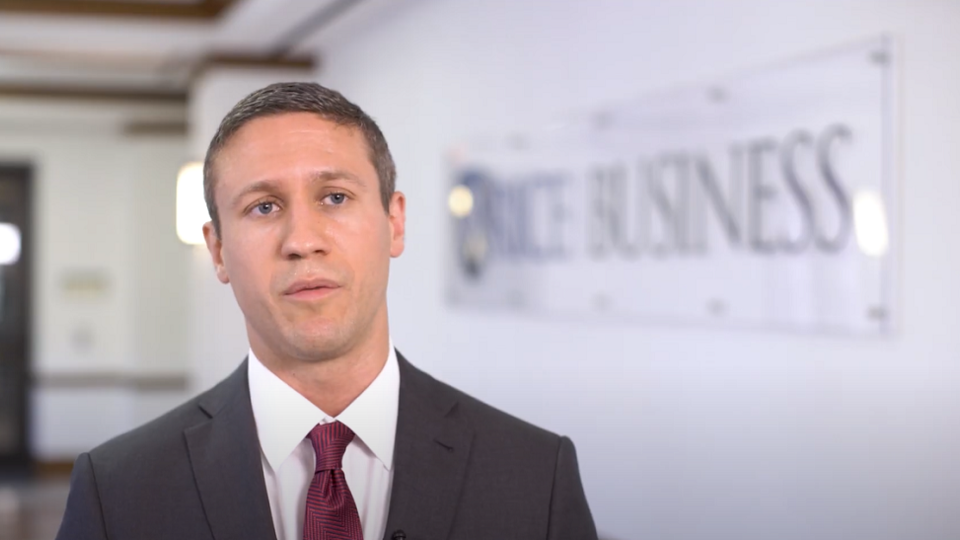
Dan Dobesh, a professional evening MBA student at Rice Business, shares how the Rice MBA has helped him gain confidence at work, change his career trajectory, and bring value to himself and his employer.
Keep Exploring
Professional MBA Student Testimonial: Bethany Cuenod
Bethany Cuenod, Professional MBA
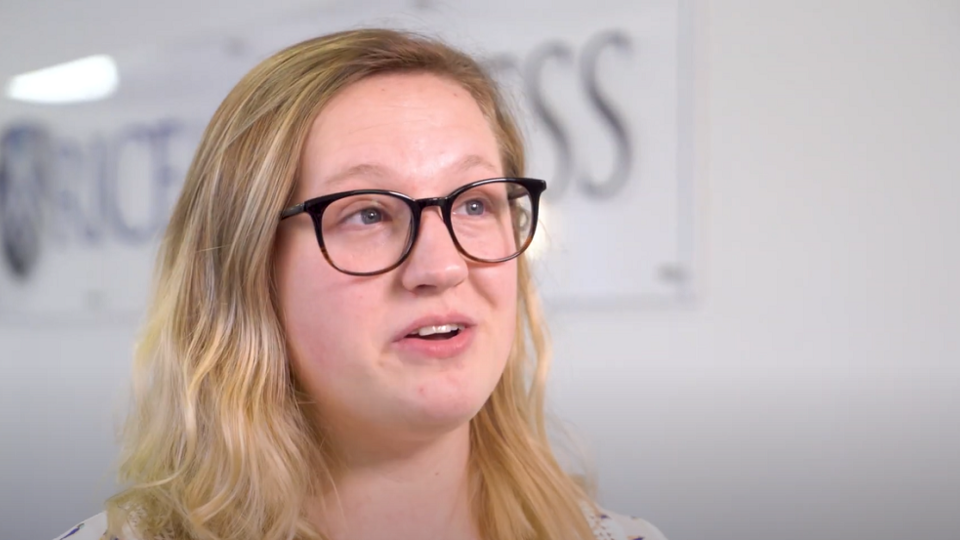
Bethany Cuenod shares how the Rice MBA empowered her to take a risk, leave her full-time job and gain new employment through an internship. Bethany discovered growth opportunities and new career trajectories through the Rice Business Professional MBA Program.
Keep Exploring
Rice Business’ annual diversity, equity and inclusion conference set for Oct. 29
Rice Business will host the sixth annual Diversity, Equity and Inclusion (DEI) Conference Oct. 29. The event is designed to provide a forum for awareness, dialogue and skill-building around DEI issues as they relate to the business world.
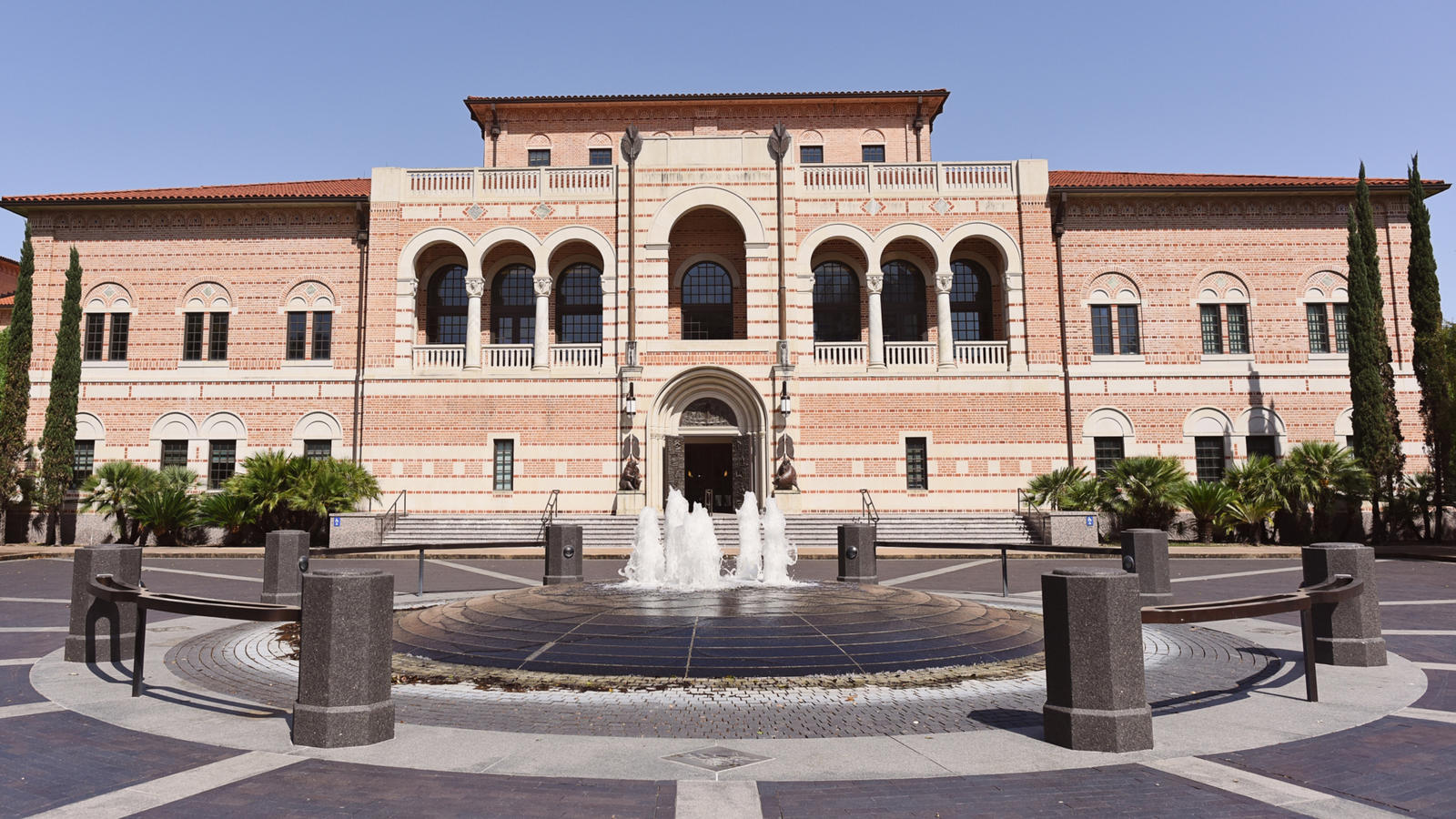
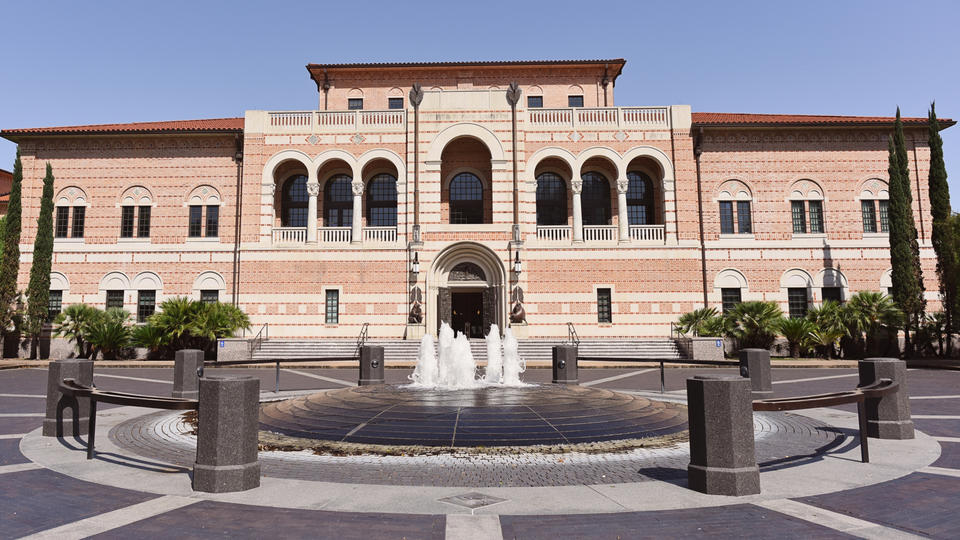
Rice University’s Jones Graduate School of Business will host the sixth annual Diversity, Equity and Inclusion (DEI) Conference Oct. 29. The event is designed to provide a forum for awareness, dialogue and skill-building around DEI issues as they relate to the business world.
The Jones School endeavors to create a rich learning environment that considers and appreciates a multitude of perspectives, which leads to better decision-making. The virtual event will include speakers and panels discussing topics such as “Inclusivity and Belonging,” “The Action of Allyship” and “DEI Conversations in the Workplace.”
What: Rice Business' Diversity, Equity and Inclusion Conference, "Sparking Success: The Intersection of Business and Diversity, Equity and Inclusion."
Who: Speakers include Stefanie Johnson ’02 and ’04, associate professor of management at the University of Colorado Boulder’s Leeds School of Business; Peter Rodriguez, dean and professor of strategic management at Rice's Jones School of Business; Sofia Pertuz, founder and lead strategist at Mainstream Insight LLC; Natacha Buchanan, director of inclusion and diversity at Phillips 66; Mark Crawford, senior vice president of DEI at BP; and Robert Gaudette ’01, senior vice president at NRG Business.
When: Friday, Oct. 29, 9 a.m.-4 p.m. CDT
Where: Online; the conference is open to the public and registration is $50.
For the full conference schedule, visit https://business.rice.edu/rice-business-diversity-and-inclusion-conference#agenda.
You May Also Like

Rice University’s Jesse H. Jones Graduate School of Business today announced the launch of its Graduate Certificate in Healthcare Management program, a 10-month, credit-bearing professional credential designed for current and aspiring leaders seeking deep expertise in the business of healthcare.
Rice Business ranked No. 3 for entrepreneurship by Poets & Quants
The Jones Graduate School of Business at Rice University is ranked No. 3 in Poets & Quants’ World’s Best MBA Programs for Entrepreneurship rankings for 2022, up from No. 15 on the 2021 list.
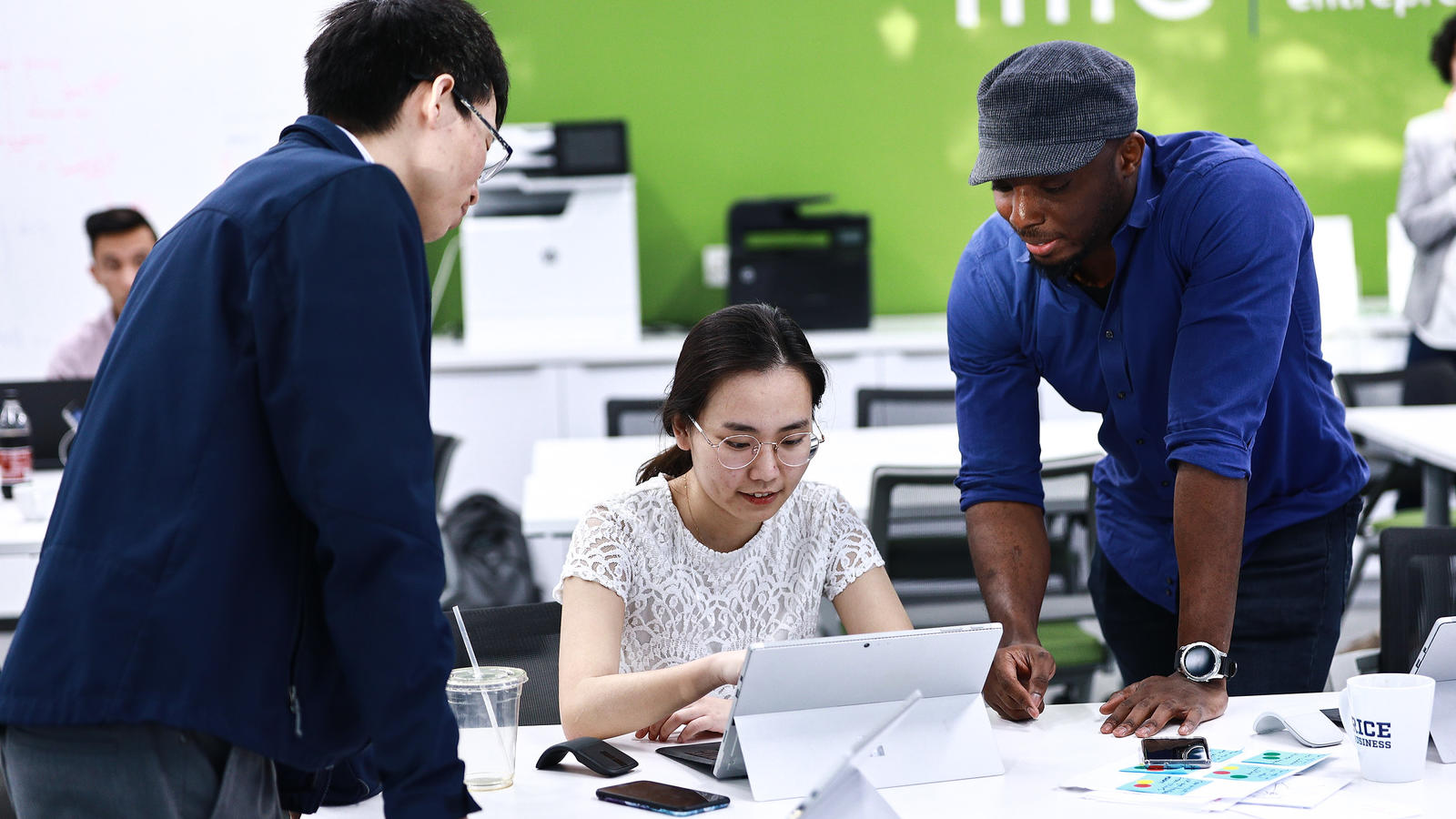
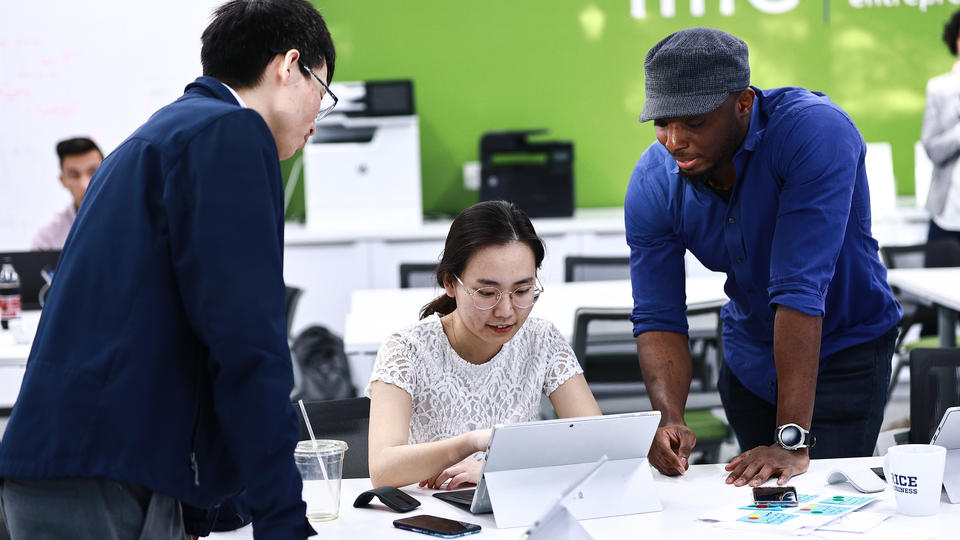
The Jones Graduate School of Business at Rice University is ranked No. 3 in Poets & Quants’ World’s Best MBA Programs for Entrepreneurship rankings for 2022, up from No. 15 on the 2021 list.
Poets & Quants created the annual rankings with Inc. Magazine to measure schools' performance in providing launching pads for entrepreneurial-minded MBA students. Through data collection and analysis, the list ranked 38 schools based on 16 core metrics that reflect not only the resources devoted to entrepreneurship, but also the results of those efforts.
The Rice entrepreneurship ecosystem combines academic courses and co-curricular programs led by the Liu Idea Lab for Innovation and Entrepreneurship (Lilie) with community and co-curricular programs of the Rice Alliance for Technology and Entrepreneurship (Rice Alliance). Student founders begin their entrepreneurial journey in the more than 50 courses and experiential learning labs offered through Lilie.
“The ability to be a student while working on your startup in class, under the expert guidance of our world-class faculty, gives our Rice entrepreneurs a competitive advantage over any others out there,” said Yael Hochberg, head of the Rice Entrepreneurship Initiative and academic director for the Rice Alliance.
Student entrepreneurs further develop their ventures through Lilie’s suite of experiential programs, using resources such as a state-of-the-art coworking space, equity-free funding and mentorship to accelerate their ventures — culminating with the Napier Rice Launch Challenge each spring.
These programs are augmented by the Rice Alliance’s OwlSpark Accelerator, which serves as a capstone program and launchpad for students seeking to start their companies. The Rice Business Plan Competition, the largest and richest intercollegiate student startup competition in the world, provides an opportunity to pitch their startups in front of over 300 judges for more than $1.5 million in prizes. The Rice Alliance Technology Venture Forums provide an opportunity for students to showcase their startups to investors and corporations.
“The ability for students to launch their nascent startups, obtain mentoring from members of the Houston entrepreneurial ecosystem and then pitch to hundreds of angel investors, venture capitalists and corporations provides a unique opportunity that cannot be found on many campuses or in many regions,” said Brad Burke, managing director of the Rice Alliance.
“Our mission of creating entrepreneurship programs that are led by experienced founders and investors, underpinned by rigorous research and teaching expertise, is beginning to pay dividends in Lilie’s sixth year as the entrepreneurship center for Rice Business and the campus,” Hochberg said. “It’s increasingly clear that there’s no better time than now to learn and explore entrepreneurship as a student, and no better place than here at Rice Business.”
For more information on Rice Entrepreneurship, visit entrepreneurship.rice.edu or email the Liu Idea Lab for Innovation and Entrepreneurship at lilie@rice.edu or Rice Alliance for Technology and Entrepreneurship at alliance@rice.edu.
You May Also Like

Rice University’s Jesse H. Jones Graduate School of Business today announced the launch of its Graduate Certificate in Healthcare Management program, a 10-month, credit-bearing professional credential designed for current and aspiring leaders seeking deep expertise in the business of healthcare.
The World’s Best MBA Programs For Entrepreneurship In 2022
Poets&Quants' third annual ranking of the Best MBA Programs for Entrepreneurship features 38 of the world's best business schools. Rice Business climbed to the third spot this year.

Why hiring takes so long
“The more thoughtful the organisation is in making decisions, the better the long-term outcome is going to be for both the applicant who gets hired and the organisation,” says Brent Smith, associate professor of management and psychology at Rice Business.

The Bounce Back: This Trio Of MBA Jobs Reports Has A Common Thread
At Rice Business, the job offer rate three months post-graduation jumped by 7 percentage points over last year, and the acceptance rate by 3 percentage points; meanwhile Jones reported its highest recorded salary in school history.




